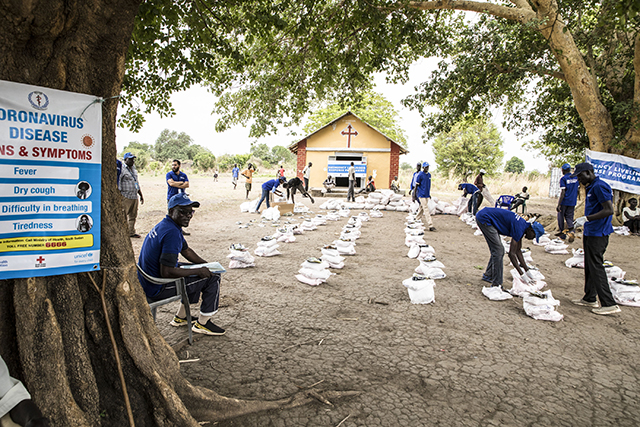
According to a joint analysis by the World Food Program (WFP) and the Food and Agriculture Organization (FAO), 15 “at-risk” African countries are threatened by a food crisis.
These are the countries of the Sahel (Burkina Faso, Mali, and Niger), Sierra Leone, Liberia, Nigeria, Cameroon, Central African Republic, Democratic Republic of Congo, Mozambique, Zimbabwe, Ethiopia, Sudan, Southern Sudan and Somalia.
According to FAO and WFP, Covid-19 tends to increase hunger-related suffering. Falling employment levels mean that households have less money to spend on food and expatriate workers send less money to their families in food-insecure countries.
In addition, measures to combat the pandemic are having a significant and growing impact on food production and supply. Finally, the pandemic is contributing to increased conflict between communities over natural resources, such as water and grazing land, with disruptive effects on production and the agricultural sector.
The pandemic accentuates food crises linked to economic crises (such as in Zimbabwe) or to natural phenomena such as droughts or locust swarms currently observed in the Horn of Africa.
